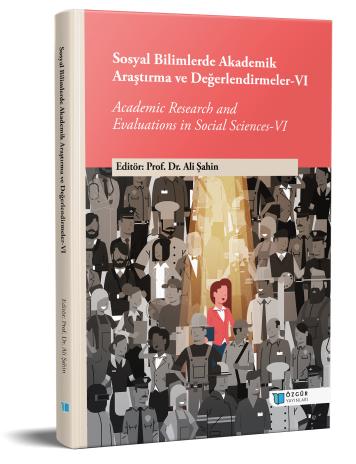
Determining the Technological Roles of Teachers in Online Distance Education: A Delphi Study
Chapter from the book:
Şahin,
A.
(ed.)
2023.
Academic Research and Evaluations in Social Sciences - VI.
Synopsis
As a result of digital change and transformation, paradigm shift, 21st century skills, pandemic effect and natural disasters, the roles of both distance education instructors and face-to-face instructors are changing. The main purpose of this study is to determine the technological roles of teachers in the context of factors that are thought to shape the future of education. The research, which includes two phases, qualitative and quantitative, was designed as an exploratory sequential mixed model. In the first phase, technological instructor roles were analysed in the historical development process on the basis of the technologies used in distance education and in the studies conducted in the literature. In these phases, qualitative research technique was used as a method and descriptive analysis was performed. The data analysed in the analysis (descriptive) process were re-coded in the context of the themes previously existing in the literature. The statements under the theme created as a result of coding were evaluated by 3 field experts and 1 Turkish Language expert. In the second phase, the Delphi technique, which consists of consecutive rounds of questionnaires, was used to reach valid and reliable answers on the issues that need expert opinion. In the context of this technique, quantitative data were collected by organising consecutive survey rounds. Purposive random sampling method was used in the selection of experts. With the participation of 64 experts, a semi-structured form prepared by the researcher was used in the first round within the scope of Delphi technique. The 2nd round was continued in the context of the comments and results from the experts. In the 2nd round, quantitative data were collected with a 5-point Likert scale. Forty-eight of the 64 experts who participated in the first round participated in the second round. The answers were evaluated statistically (mean, mode, median, interquartile range).
In the study, as a result of the findings obtained after the literature review and expert opinions, it was seen that online distance teachers did not adopt current technological roles. In this context, it is thought that the study contributed to online distance education teachers, institutions, and the literature.

